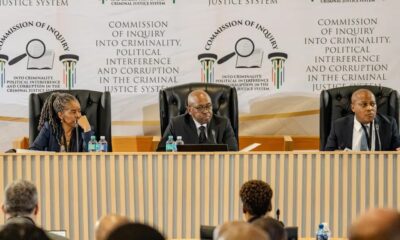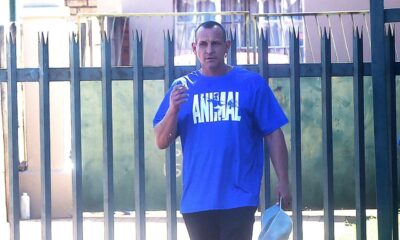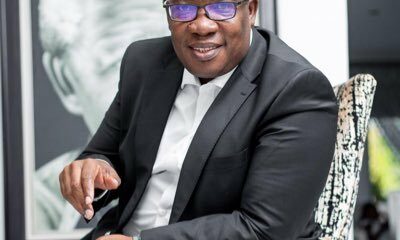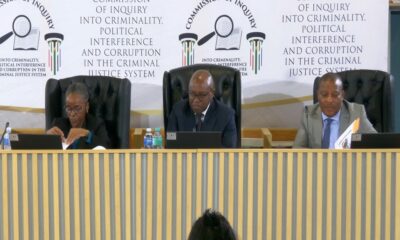News
Political Firestorm: DA MP’s Role in Probe Questioned After Being “Mentioned” by Top Cop
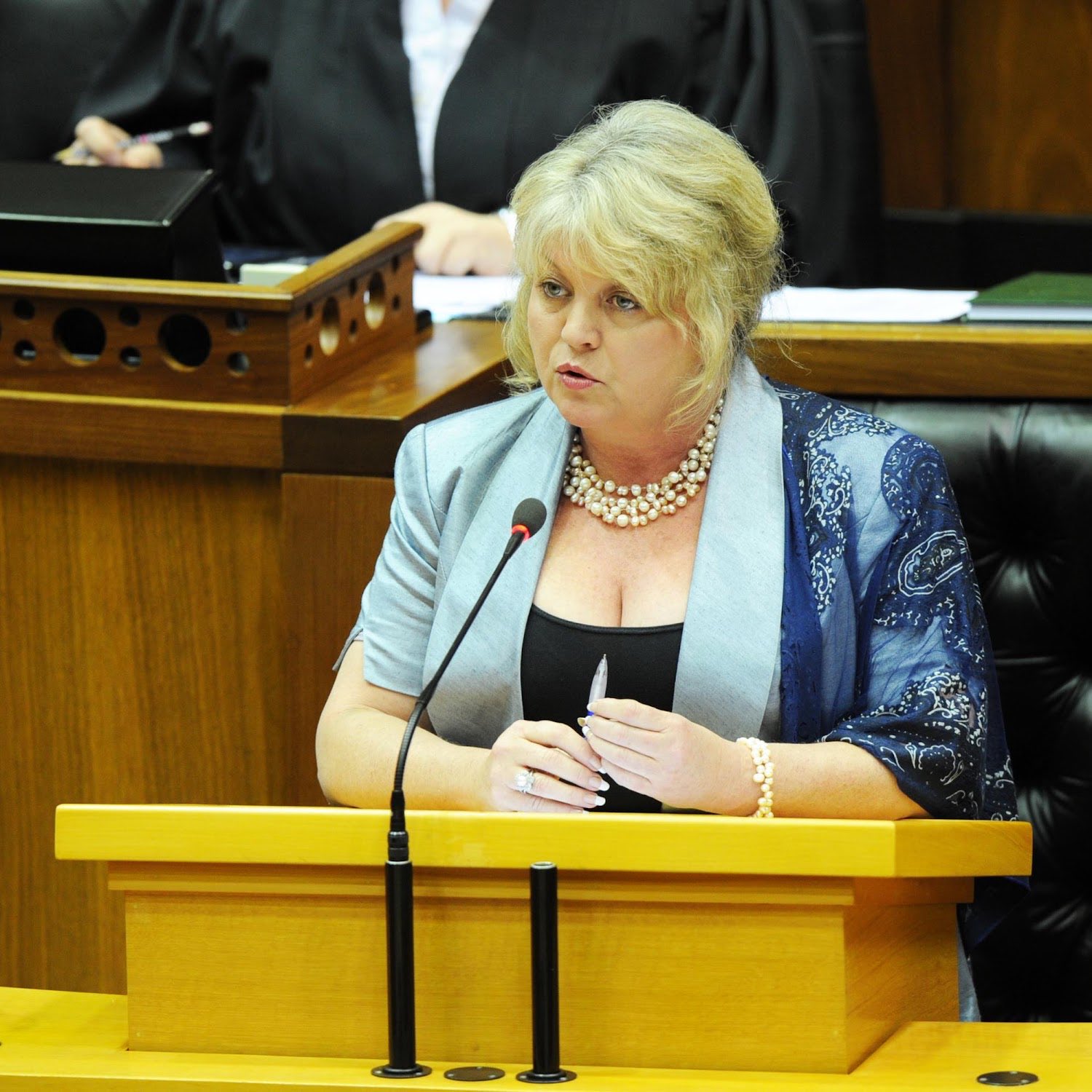
Political Firestorm: DA MP’s Role in Probe Questioned After Being “Mentioned” by Top Cop
A crucial parliamentary investigation has been plunged into controversy, as political parties clash over whether DA MP Dianne Kohler Barnard can objectively help lead a probe into a top policeman who has publicly accused her of misconduct.
The dispute erupted during a meeting of the ad hoc committee tasked with examining allegations made by KwaZulu-Natal police commissioner, Lieutenant-General Nhlanhla Mkhwanazi. The tension stems from Mkhwanazi’s recent testimony at the separate Madlanga Commission, where he claimed Kohler Barnard unlawfully used classified information to attack the Crime Intelligence unit.
A Question of “Mentioned” vs. “Implicated”
Committee chairperson Molapi Lekganyane carefully set the stage, emphasising that Kohler Barnard had been “mentioned” at the commission a deliberate choice of words to avoid the presumption of guilt implied by “implicated.” He stated he was awaiting the DA’s formal position on the matter before proceeding.
The DA’s response, delivered by MP Glynnis Breytenbach, was a masterclass in political defence. She acknowledged the “perceived conflict” but issued a stark warning. Removing a member based solely on being named in testimony, she argued, would set a “very dangerous precedent.”
“It would be the easiest thing in the world for any of the witnesses… to mention any politicians they felt like mentioning, simply to ensure that they then could not sit on this committee,” Breytenbach cautioned, suggesting such a tactic could be used to manipulate the committee’s composition.
A Clash of Principles
Breytenbach proposed a solution: allow Mkhwanazi to appear before the committee and present his allegations directly. During that specific testimony, Kohler Barnard would recuse herself. If evidence of a conflict emerged, she would withdraw; if not, the matter would be closed. Breytenbach also downplayed Kohler Barnard’s influence, noting her status as an alternate member limited her full participation.
This proposal was met with immediate rejection from ANC Chief Whip Mdumiseni Ntuli. He took particular offence at the insinuation that Mkhwanazi’s testimony might be a strategic ploy.
“I’m very concerned with what appears to me to be a path that the DA is inviting us into,” Ntuli countered. He stood on a point of principle: “You can’t be a referee and a player.” His position was clear anyone whose conduct is under scrutiny by the committee should not be part of the committee itself. “As a matter of principle, you have automatically become a candidate to appear before this committee,” he stated.
A Probe Held Hostage by Allegations
This confrontation leaves the committee’s work in a precarious position. The ANC insists on upholding the integrity of the process by sidelining Kohler Barnard, while the DA frames that very action as a potential capitulation to manipulative tactics.
The standoff highlights a fundamental tension in South Africa’s political arena: how to balance the principle of innocence until proven guilty with the practical need to avoid any perception of bias in a high-stakes investigation. For now, the probe into General Mkhwanazi is being overshadowed by a political battle over who gets to sit at the table.
{Source: IOL}
Follow Joburg ETC on Facebook, Twitter , TikTok and Instagram
For more News in Johannesburg, visit joburgetc.com



